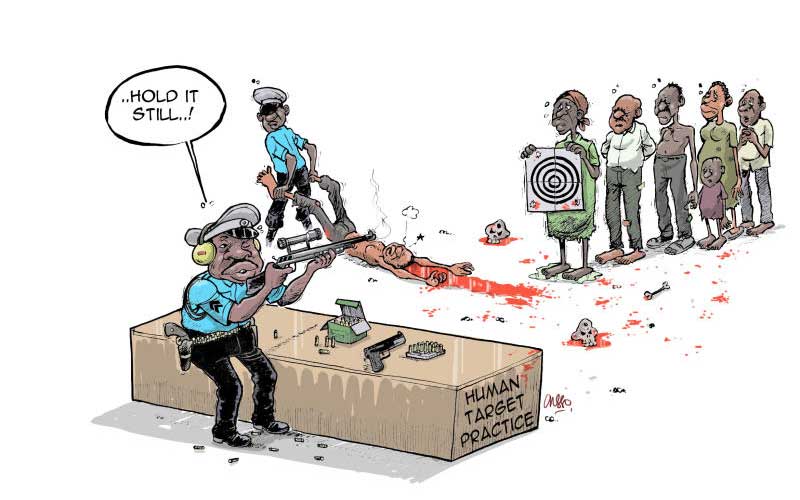×
The Standard e-Paper
Fearless, Trusted News

On May 26, the Minneapolis Police Department fired Derek Chauvin, the white American policeman who, alongside three officers, was involved in the killing of George Floyd the previous day.